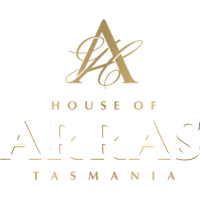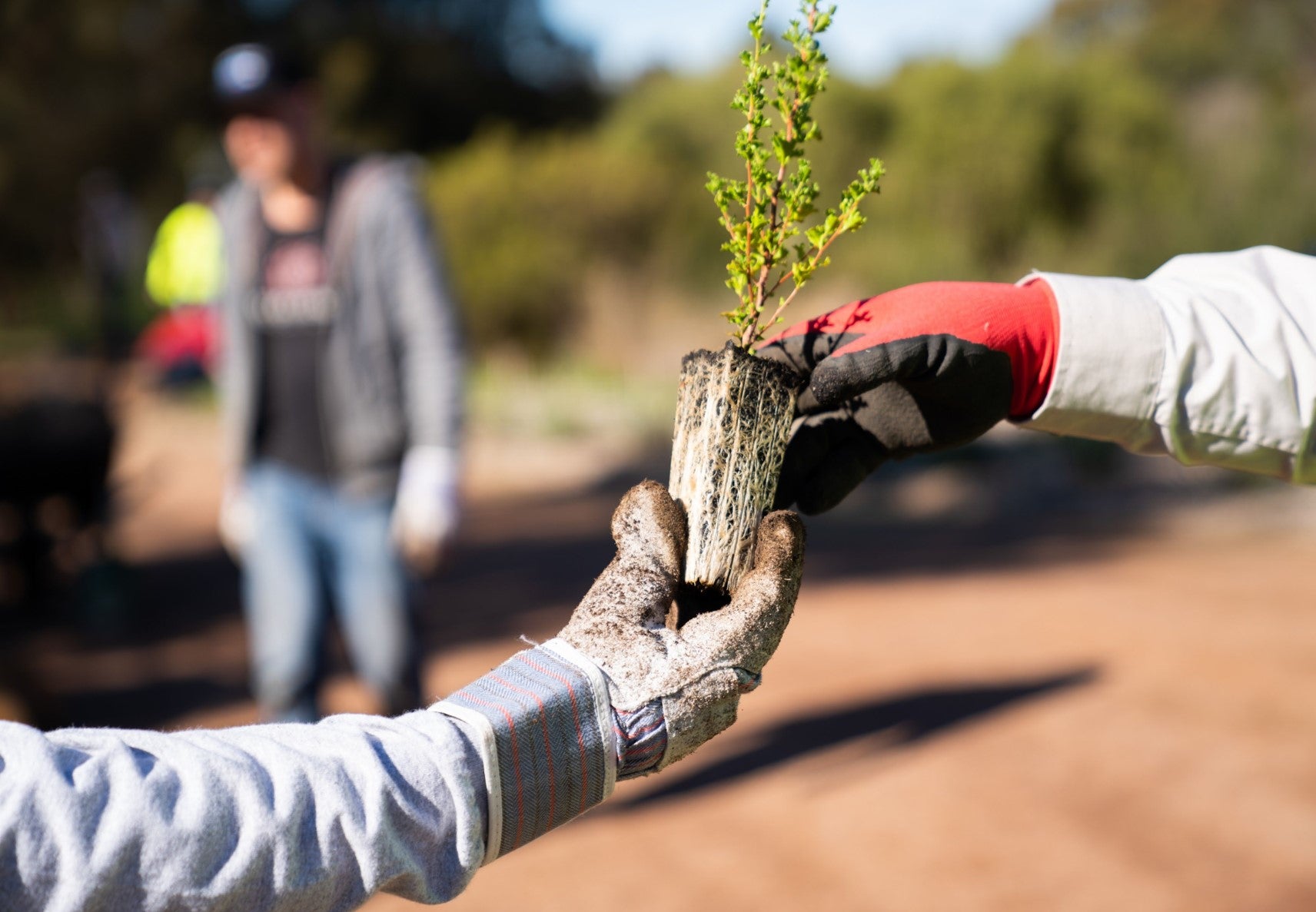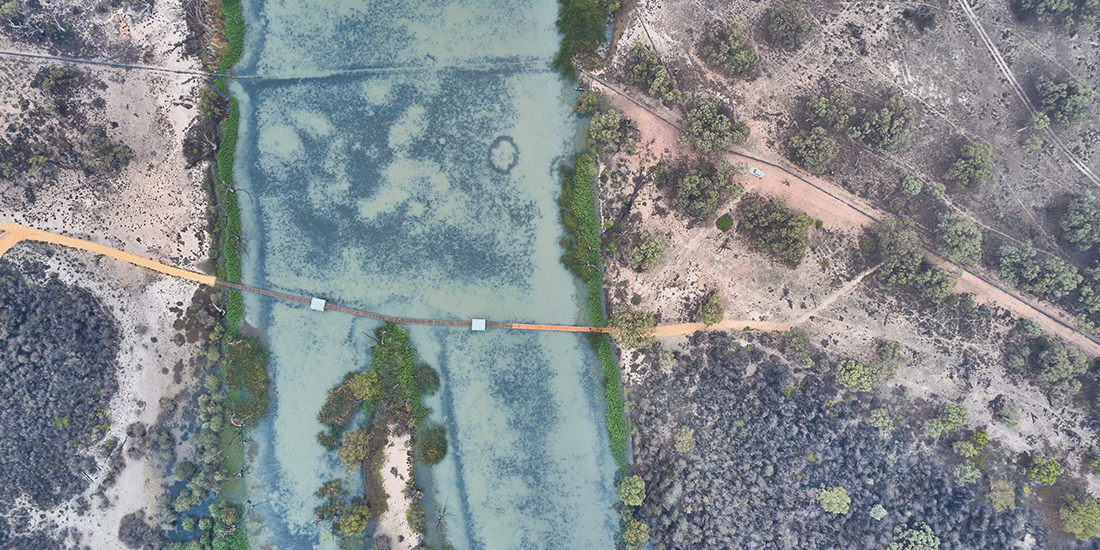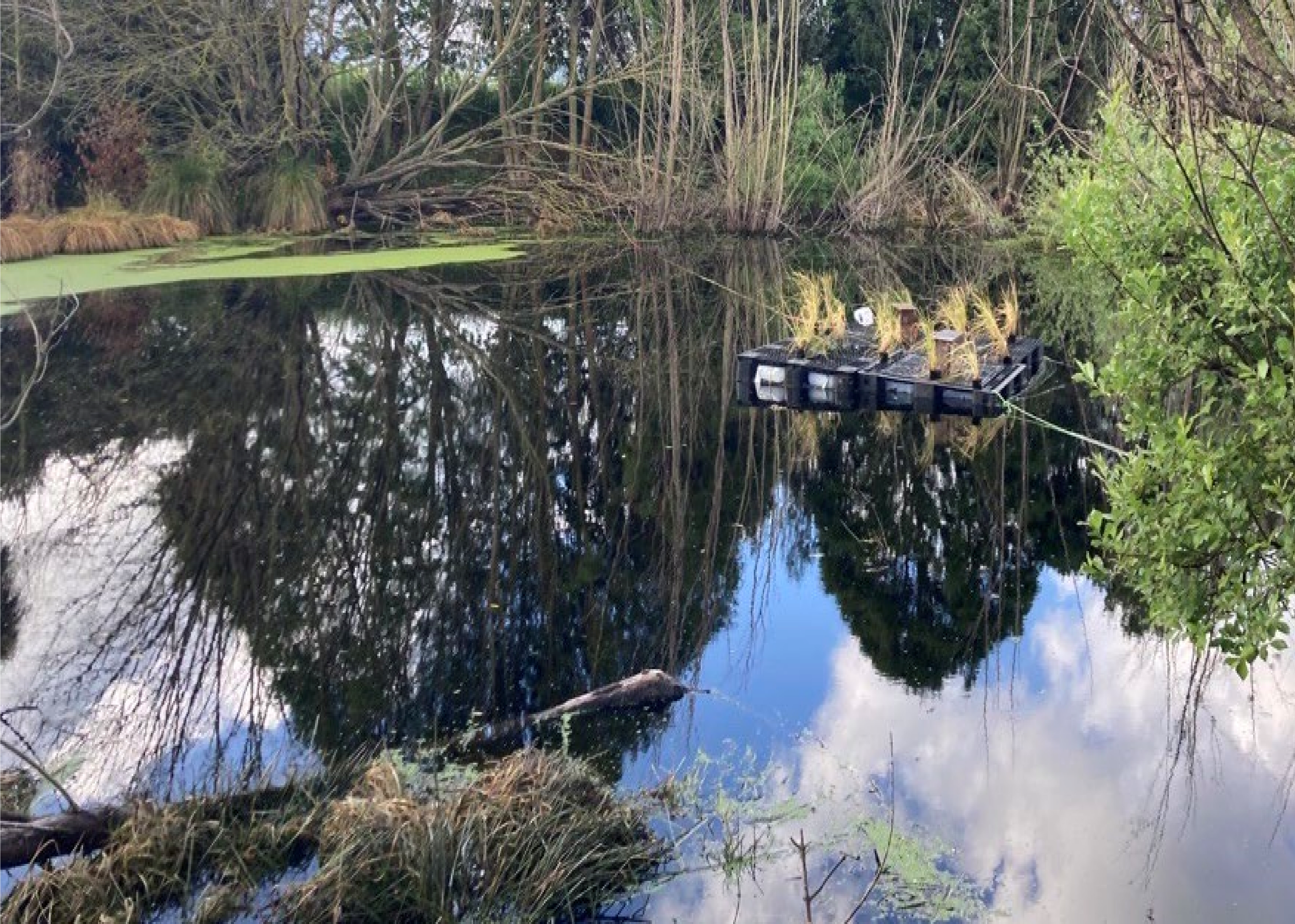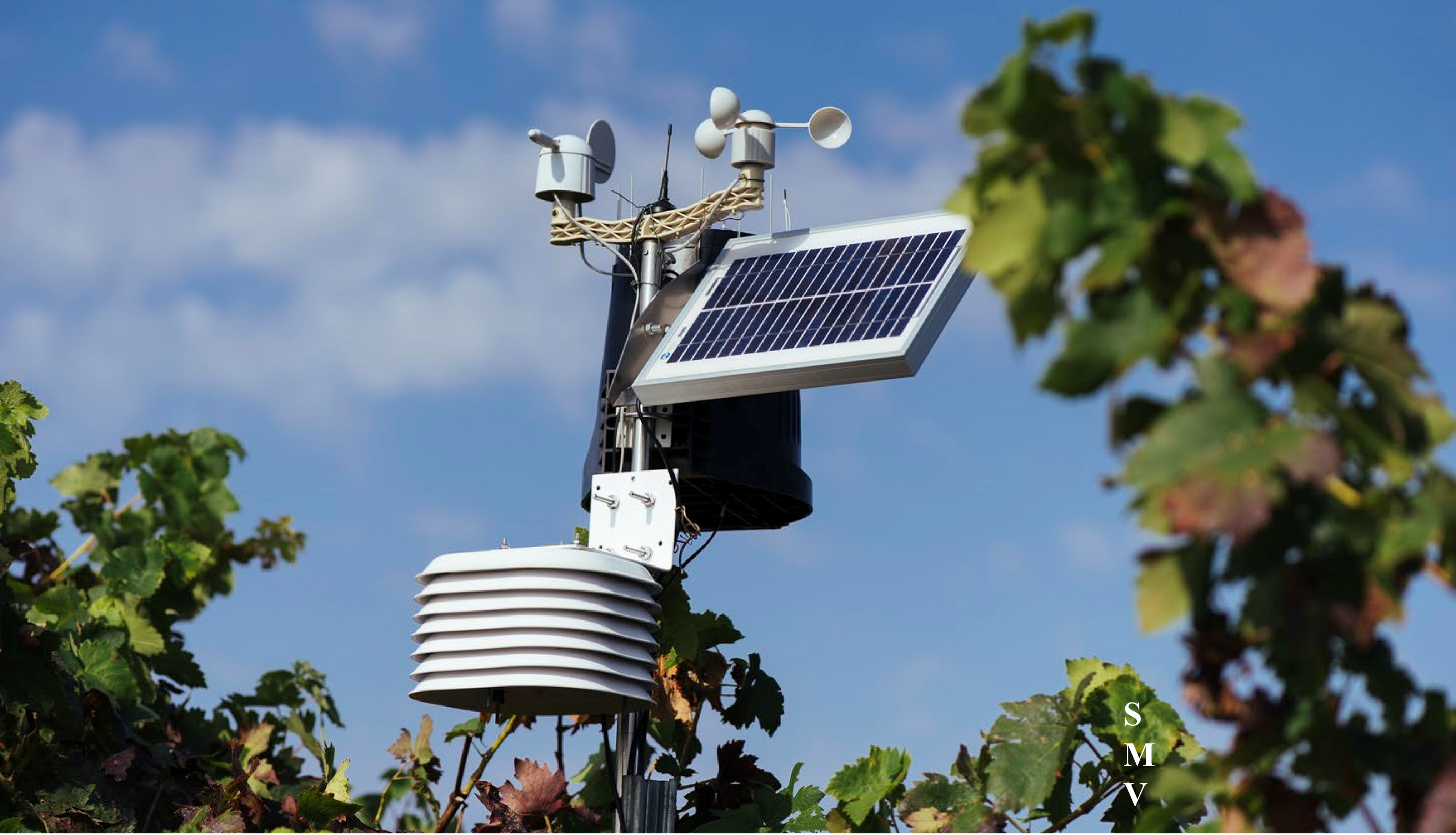As one of the world’s largest wine companies, we’re determined to maximise the benefits we deliver for our people and communities, while treading as softly as possible on the planet. That means quality jobs and broader economic benefits in communities large and small, ethical sourcing, encouraging moderation, and efforts to drive-down carbon emissions, water intensity and waste.
Across our global Vinarchy business, we are targeting the following areas where we believe we can make real difference:

Re-setting Our Baseline Emission Reduction Targets
The Science Based Targets initiative (SBTi) is a corporate climate action organisation that develops standards, tools and guidance to help companies set greenhouse gas (GHG) emissions reduction targets in line with what is needed to reach net-zero by 2050.
The merger between Accolade Wines and Pernod Ricard Winemakers to create Vinarchy will require us to re-collect and re-audit our Scope 1, 2 & 3 data to reflect the new business. We are committed to working through this process over the next 18 months to create new targets in line with our revised baseline emissions and submit our data and targets to SBTi for validation.
This will allow us to build upon our current emissions reduction programmes and form a robust strategy to guide our future efforts.
Reducing Carbon Emissions
While we work through this process, we remain committed to reducing our carbon emissions and are continuing a range of initiatives across our business. Across our portfolio, we have sought to light weight our glass bottles to reduce CO2 emissions and have successfully introduced light weighted bottles across some of our most popular ranges of the Jacob’s Creek, Hardys and Campo Viejo brands.
In the UK and Europe, we are also increasing our efforts to educate consumers on the advantages of choosing alternative formats such as boxed wine and aluminium cans. Our innovation strategies are heavily focused on incorporating these alternative formats and refining their design, all while continuing to push the environmental benefits of these different formats.
As part of our innovation strategy, we are exploring further redesigns and improvements of our boxed wines and are continuing our focus on educating consumers on different format options.
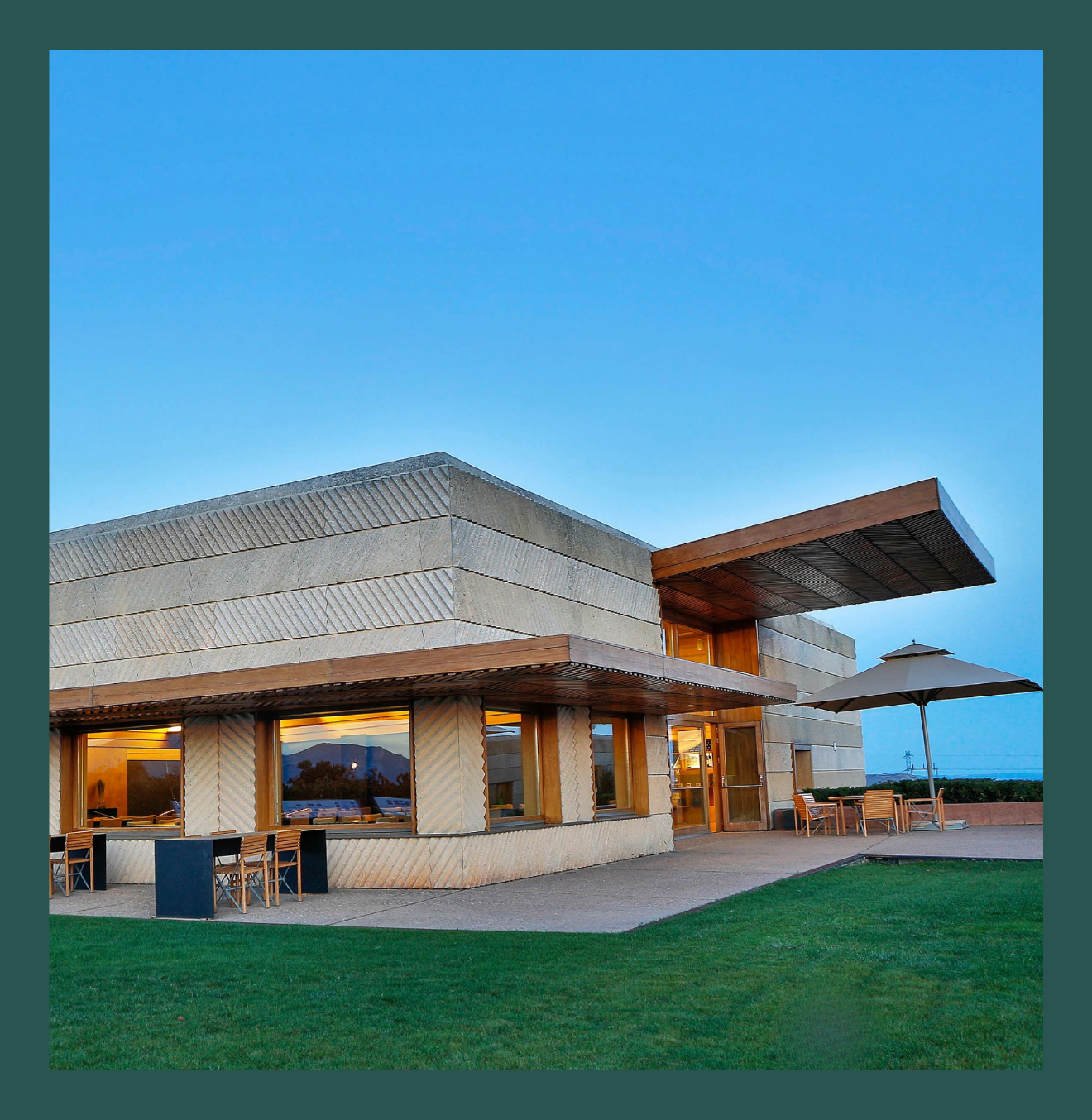
Use of 100% Renewable Energy at Campo Viejo Winery
Bodegas Campo Viejo was designed to operate in complete harmony with its surroundings. Built on a plateau at an altitude of 495m and semi-buried, it is designed to reduce electricity demand by:
Read more about our commitments in our Global Environmental Policy .
Environmental Stewardship
Across our wineries and operational sites, we’re taking an active role in addressing climate risk and opportunity, optimising operational waste, and conserving water systems.
Read more about some of our winery projects below.
Social Responsibility
In addition to the responsible marketing of our products, we partner with
DrinkWise in Australia, Drinkaware in the UK, Cheers! in New Zealand, and
Wine in Moderation in Spain to help shape a safer and more sociable drinking culture.

